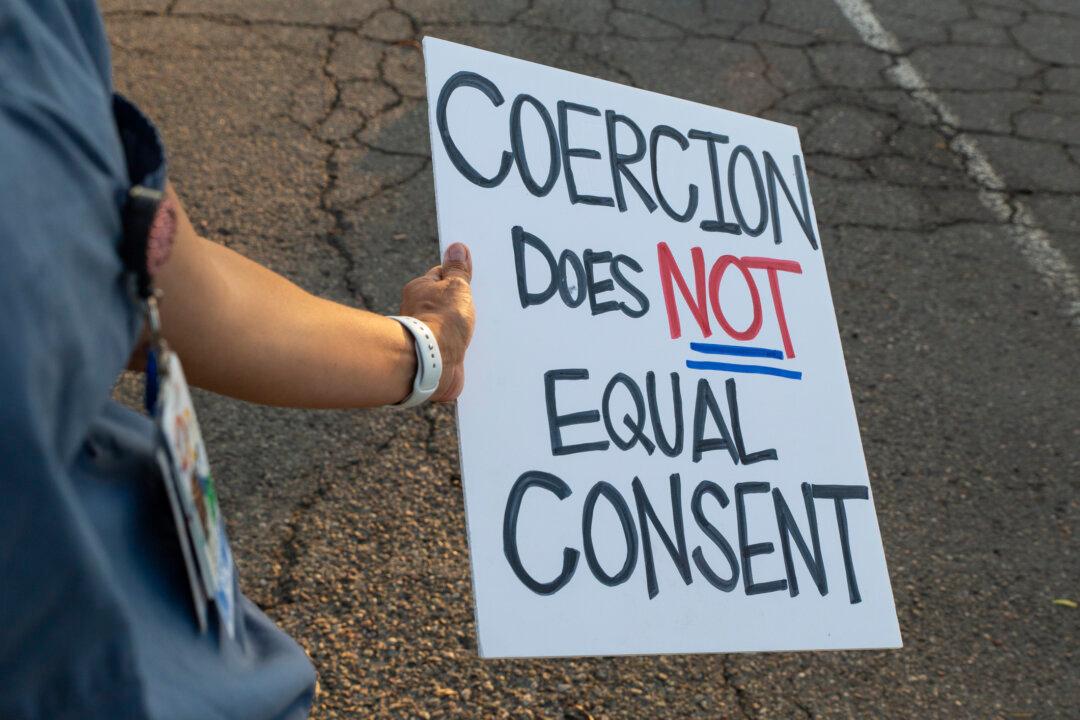The hardline COVID-19 vaccination policies of Maine’s Democrat governor, Janet Mills, the state health care bureaucracy, and four major hospital systems, are being challenged in the United States Supreme Court.
The cause of action arose on August 12, 2021, when Ms. Mills announced a vaccination mandate and threatened to yank the licenses and fine any employer of health care workers who did not enforce it.





